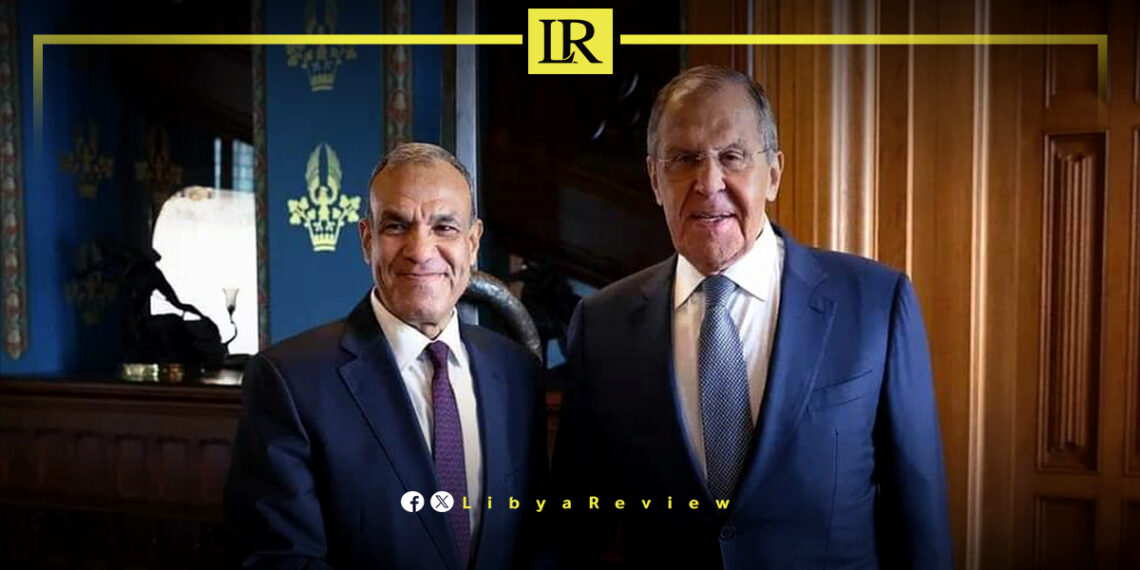Russian Foreign Minister Sergey Lavrov called for the appointment of a new UN envoy to Libya as soon as possible. This statement was made during a joint press conference with Egyptian Foreign Minister Badr Abdel Atty in Moscow on Monday.
Lavrov emphasised the importance of filling the UN envoy position to push forward diplomatic efforts in Libya. Meanwhile, Abdel Atty stressed that the Libyan people must have the right to make their own decisions and also highlighted the importance of halting the ongoing war in Sudan.
Since mid-April, Stephanie Khouri, the Deputy Special Representative for Political Affairs, has been acting as the head of the UN mission in Libya following the resignation of UN envoy Abdoulaye Bathily.
Khouri has since been engaged in discussions with various Libyan political factions.
Bathily’s resignation was largely attributed to the failure of his initiative aimed at bringing together Libya’s key political actors, including the Presidential Council, the Government of National Unity, the House of Representatives, the General Command of the Libyan National Army, and the High Council of State. His goal had been to resolve the political deadlock that prevented elections in 2021.
Libya has been in chaos since a NATO-backed uprising toppled longtime leader Muammar Gaddafi in 2011. The county has for years been split between rival administrations.
Libya’s economy, heavily reliant on oil, has suffered due to the ongoing conflict. The instability has led to fluctuations in oil production and prices, impacting the global oil market and Libya’s economy.
The conflict has led to a significant humanitarian crisis in Libya, with thousands of people killed, and many more displaced. Migrants and refugees using Libya as a transit point to Europe have also faced dire conditions.
The planned elections for December 2021 were delayed due to disagreements over election laws and the eligibility of certain candidates. This delay has raised concerns about the feasibility of a peaceful political transition.
Despite the ceasefire, security remains a significant concern with sporadic fighting and the presence of mercenaries and foreign fighters. The unification of the military and the removal of foreign forces are crucial challenges.


